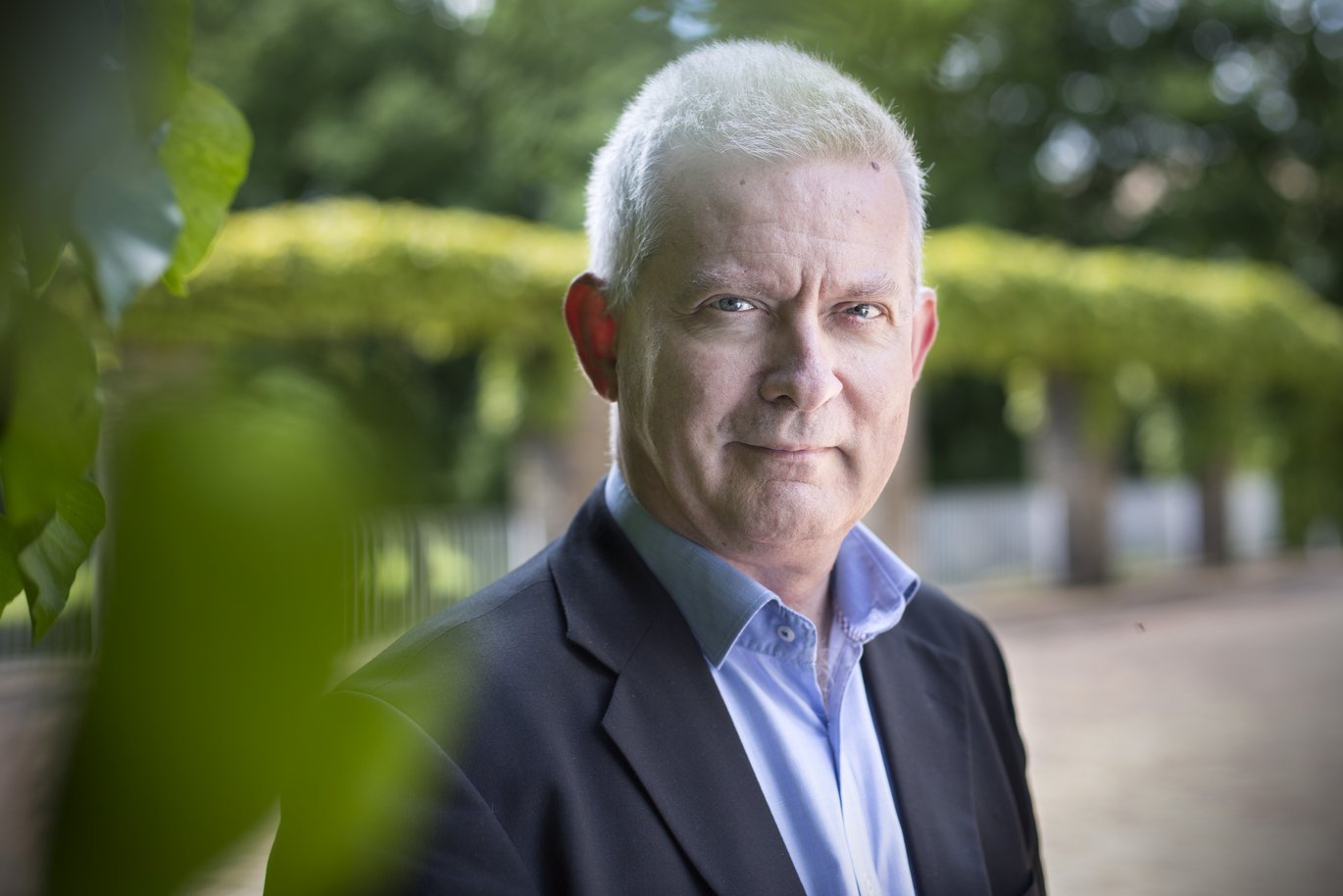Newsletter from the dean

Dear all
2022 has been a challenging and unpredictable year. The financial situation at the start of the year was difficult; but we knew what we had to do, and we knew how to achieve our goals. But then the politicians announced their plan to move a number of degree programmes to other locations in Denmark. And the war in Ukraine started, leading to financial challenges on a global scale. Before the summer holiday, I was worried about the initial student FTE prognoses, and wondered whether we would be able to maintain our high level of FTE activity. The level of admissions in the year ahead was also an issue that concerned me. Unfortunately, these concerns proved to be justified. The students have not been as efficient as usual, and student admissions have dropped more than we expected once again in 2022. This tendency was confirmed in the figures for October, which showed that more students than ever before had either refused a place that had been offered to them, or simply not turned up for their degree programme.
This has had a major impact on the four-year budget that has just been drawn up. Unfortunately, the Faculty of Arts is facing financial challenges not only in 2022, but also in the years ahead.
Here are some of the reasons for this: student admissions have dropped by 600 in 2021 and 2022, resulting in a decline in income in the coming years; the students are producing fewer FTEs than usual; we will be carrying a deficit of more than DKK 10 million into 2023; and we risk being faced with a demand for profit in order to restore the university’s equity capital following the global financial crisis. We can’t be certain about this last point until after the board meeting in December, when AU’s final budget is to be approved.
The Faculty of Arts expects a loss in financial reserves rising to more than DKK 50 million per annum no later than 2030. The four-year budget shows that the impact of this on our three schools will vary a great deal in terms of its severity and speed. The School of Culture and Society is already facing a considerable reduction in financial reserves, due primarily to the decline in admissions. The School of Communication and Culture has a balanced budget in the first years of the four-year period, after which it will experience a drop in financial reserves. And the Danish School of Education (DPU) will feel the effects of the geographical cap on enrolments quickly. All three schools have started to apply the financial brakes. DPU was already facing a difficult point of departure owing to a loss of income. Since the summer holiday, the school has started making total savings of DKK 15 million with a view to achieving a balanced budget by 2030. Taken together, these measures constitute the first great step towards balancing the faculty’s books.
The faculty management team is committed to gaining a clear view of what we can expect not only in the short term, but also in the long term. Hopefully, the faculty should not have to live with a sense of uncertainty for a long, and the aim is to regain a balance as fast as possible. So I have asked the schools to open their toolbox wide and take a really close look at their admissions, supplementary subjects and our entire portfolio. We need to take the necessary steps quickly in order to create the basis of a balanced development and establish a faculty which can breathe more freely and prosper. It’s also important that the initiatives taken in the short and medium term to balance our budgets help us to achieve the longer-term objectives which can continue to consolidate the faculty’s financial situation. We expect that the three school management teams will be able to present more detailed descriptions of the challenges facing the schools, as well as their proposals for ways of meeting these challenges, by the start of 2023 at the latest.
The general election in Denmark isn’t far away, and we cannot yet predict the future of the government’s latest reform proposal, which would include reducing the length of some Master’s degree programmes. Please be assured that the senior management team is monitoring the situation very carefully. As stated elsewhere, we are not exactly enamoured with the current proposal. And we’ll be keeping a very close eye on all the political smoke signals.
Even though we are now facing bigger challenges than we have faced for many years, we also need to remember that the world is changing constantly. And the news is not ALL bad! New opportunities will also become apparent, even though they may be difficult to spot in the current climate.
I’ll be sending you another newsletter before the Christmas holiday, containing a report on the latest developments and news of the challenges awaiting us in 2023.
Best wishes,
Johnny Laursen